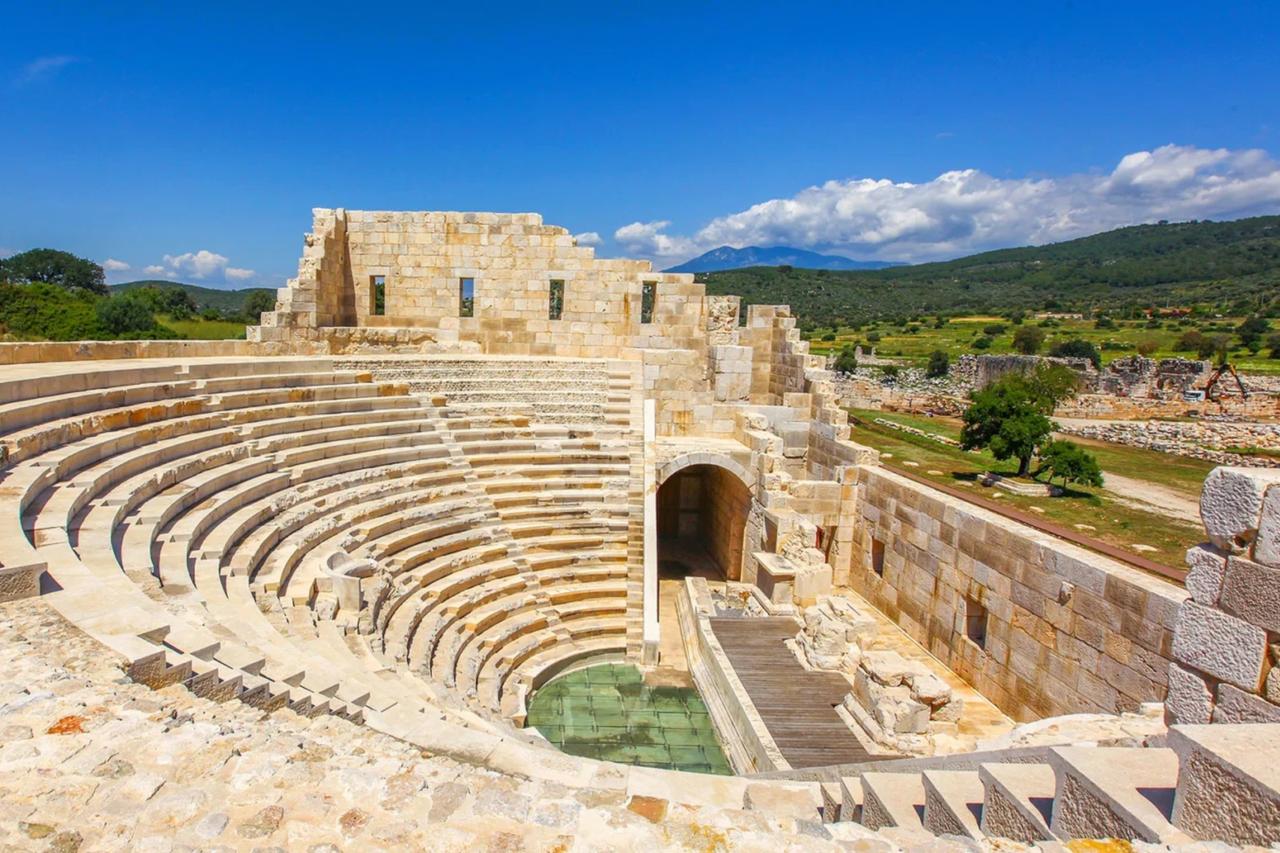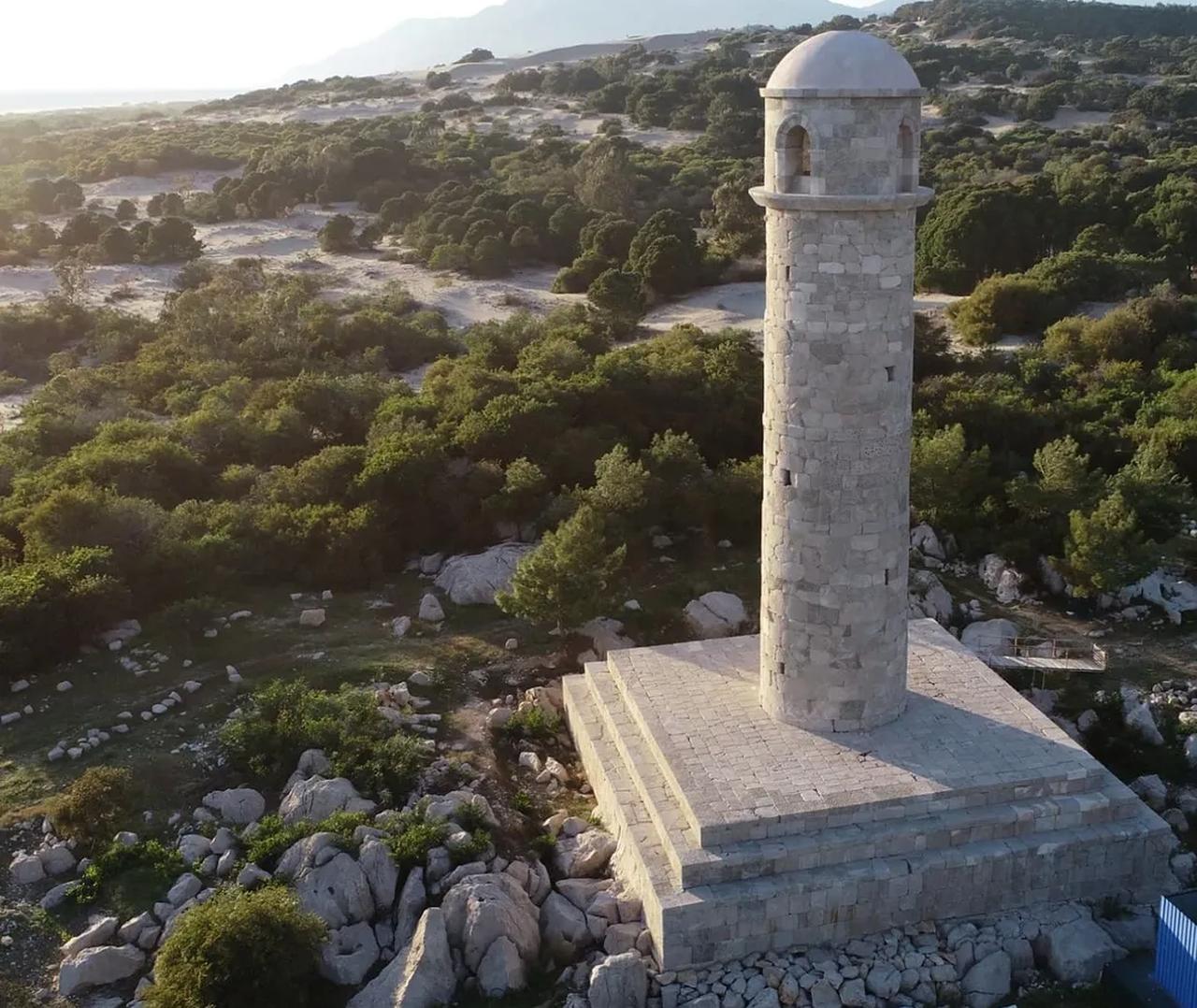
A new environmental impact assessment process has begun for a stone-crushing and screening plant planned in Türkiye’s southern province of Antalya, located right next to the ancient city of Patara.
The facility is designed with an annual capacity of 70,000 tons, raising concerns due to its proximity to a UNESCO World Heritage site and one of the Mediterranean’s most critical nesting grounds for endangered loggerhead sea turtles, known as Caretta caretta.
According to official records, the same company previously operated a facility in the area without an approved environmental impact report in 2021.
Authorities imposed an administrative fine and ordered operations to stop. The current application is aimed at restarting production at the same site under formal approval.

Patara, one of Türkiye’s most prominent archaeological sites, was declared a Specially Protected Area in 1990 due to its unique ecosystem and historical importance.
Alongside its monumental remains, the site is a vital breeding and nesting habitat for Caretta caretta. For decades, environmental groups have sought to shield the surrounding region from industrial projects.
Project documents indicate that the site lies within farmland and irrigated areas. The nearest houses and greenhouses are between 173 and 185 meters from the plant, while the a high school is about 526 meters away.
The plant is planned to operate year-round, running 16 hours a day for 25 days each month. Most of the daily water use, recorded as 6.58 cubic meters, would go toward suppressing dust.
However, the report itself notes that crushing operations and truck movements are expected to generate significant amounts of dust, noise, and heavy traffic. The total investment value of the project is listed at ₺424,800 (over $10,200). Despite its industrial scope, the site is designated as “Agricultural Land and Irrigation Area” under the regional Environmental Plan.